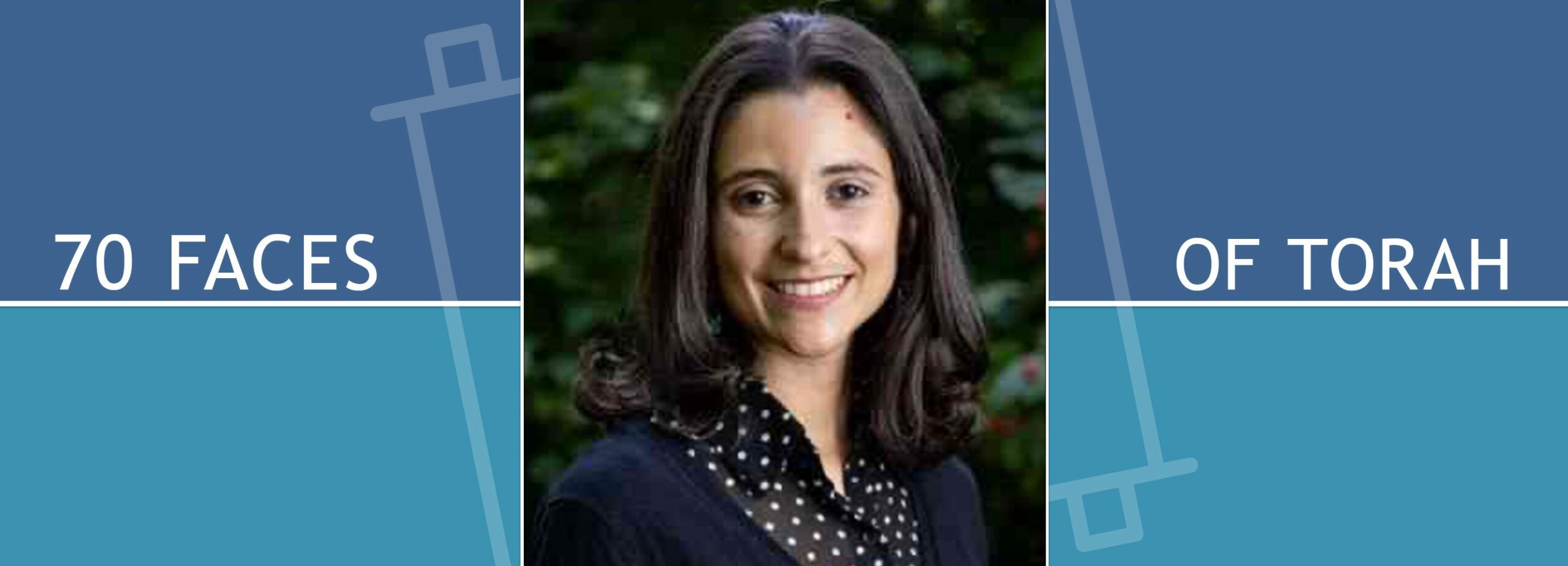Jewish learning The Burden of Miracles

Parashat Vayishlach (Genesis 32:4-36:43)
Have you ever wished for a miracle? Was the miracle granted? Did you expect it to be granted? In Taanit 20b we learn from Rabbi Yannai: “A person should never stand in a place of danger and say: ‘A miracle will be performed for me!’” We can never be certain that God will show up to intervene and offer us protection in our moment of need. This is not how God interacts with our modern world.
If only we lived in the time of the Bible, we might imagine, things would be different. We may feel wistful for the security our patriarchs must have felt, knowing that God was there for them at every moment. They had prophecy and miracles, while we are left alone with our doubts.
However, reading the book of Bereshit we may be surprised to discover that doubt and uncertainty were central to the experience of our patriarchs and matriarchs too. In the midst of a direct promise from God that his descendants will be as numerous as the stars, Avraham says “B’mah Eidah/How can I be sure?” Carrying a pregnancy with two nations inside her, Rivkah questions her role, asking God directly: “Lamah zeh anochi/Why is this happening to me?” Now it is Jacob’s turn to worry and doubt.
Parashat Vayishlach opens with Jacob in a moment of severe anxiety. He has left the house of Lavan and is preparing to meet with his brother Esau. And he is scared. The Torah tells us not only what Jacob does—splitting his family and property into two camps in hopes of keeping them safe—but also his inner feelings: “Jacob was greatly frightened” (Genesis 32:8). God has been with Jacob at every step of his life, guiding and protecting him, and yet Jacob is overcome by fear and anxiety, unable to take for granted that he will be safe. Past miracles don’t translate into a feeling of security or certainty. He is never sure the next miracle will come.
Taanit 20b of the Babylonian Talmud brings several stories of rabbis in dangerous situations and asks whether these sages could or should assume that a miracle would be performed to keep them safe. Eventually, the teaching of Rabbi Yannai is cited: We should never depend on a miracle. Rabbi Yannai goes on to explain that even if a miracle is performed for someone, “it will be deducted from his merits.” He teaches that depending on God to save you is like making a withdrawal from your divine credit account. It leaves you a little bit impoverished. As proof-text for this idea, Rav Hannan brings verse 32:11, from the mouth of Jacob praying for safety before meeting his estranged brother:
קָטֹנְתִּי מִכֹּל הַחֲסָדִים וּמִכׇּל־הָאֱמֶת אֲשֶׁר עָשִׂיתָ אֶת־עַבְדֶּךָ כִּי בְמַקְלִי
“I am unworthy of all the kindness that You have so steadfastly shown Your servant”
The word translated as “unworthy” uses the Hebrew root katan, small. Jacob says, I have been made small. I have been diminished by the grace you, God, have shown me. We might think that Jacob would be overly confident, certain that a God who has always saved him in the past will surely save him again. Instead, Jacob teaches us the opposite. He worries he has made too many withdrawals, called in too many miracles. Perhaps there is not enough merit left to see him through this next challenge.
As the winter cold sets in, and the nights grow longer and darker, we begin to dream of miracles. The holiday of Hanukkah, which we will celebrate in just over a week, prompts us to look to God for miracles. Jacob and Rav Hannan add a layer of complexity to the idea of asking for a miracle. They caution us, reminding us that dependence on miracles can come at a cost.
Experiencing miracles could leave us feeling more full, more important, more blessed. Instead, Jacob teaches that relying on divine help to get by takes a toll. It leaves us depleted. Rav Hannan understands from the story of Jacob that experiencing God’s grace demands something of us. Being granted a miracle means we now owe a debt that must be repaid with new merits. Miracles leave us with a calling to do more, to strive to be better. To become whole again we need to replenish the mitzvah-account.
On Hanukkah we recite “Al Hanisim,” an expression of gratitude for the miracles we have experienced as a people. We thank God for miracles granted “bayamim hahem, bazman hazeh”—back in the day, and also today. This year as we bask in the lights of Chanukah candles, let’s learn from Jacob and ask what challenge we have inherited as a people. What divine chesed (compassion) have we enjoyed, and what chesed can we offer in this time to repay our collective debt?
Please contact the author if you’d like to share any feedback.
Rabbi Avi Killip is the Executive Vice President at Hadar. A graduate of Hebrew College Rabbinical School, Avi also holds Bachelors and Masters from Brandeis University. She was a Wexner Graduate Fellow and a Schusterman Fellow. Avi teaches as part of Hadar’s Faculty and is host of the Responsa Radio podcast. Avi lives in Riverdale, NY with her husband and three children.

